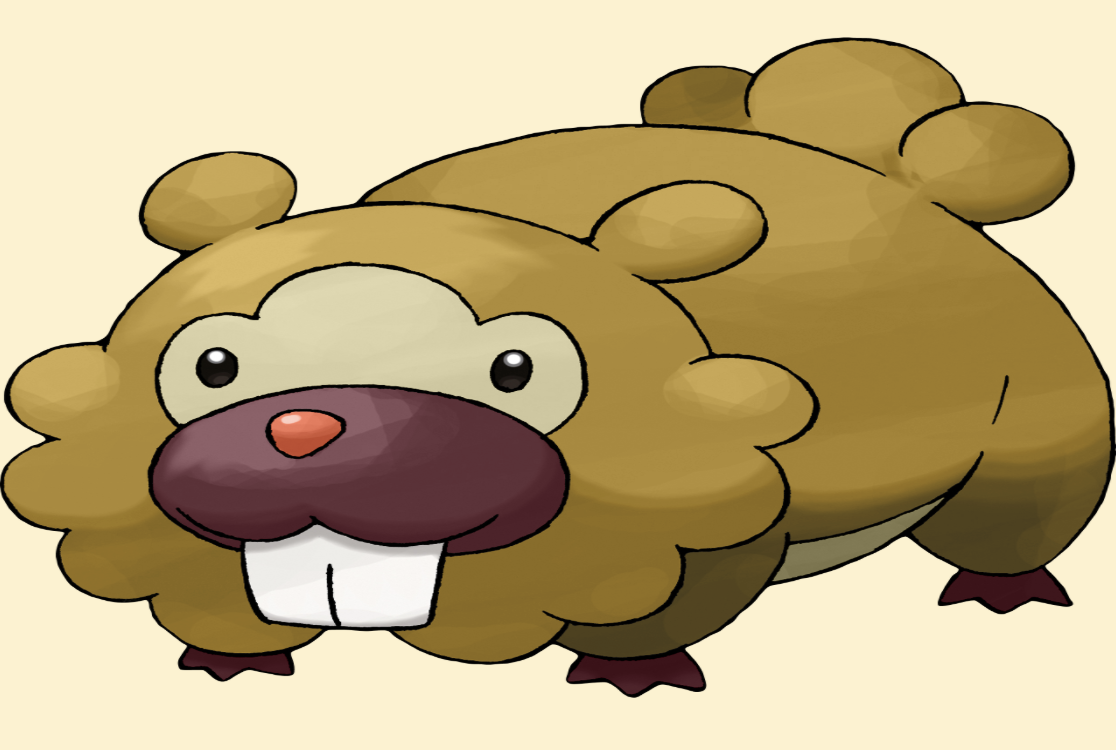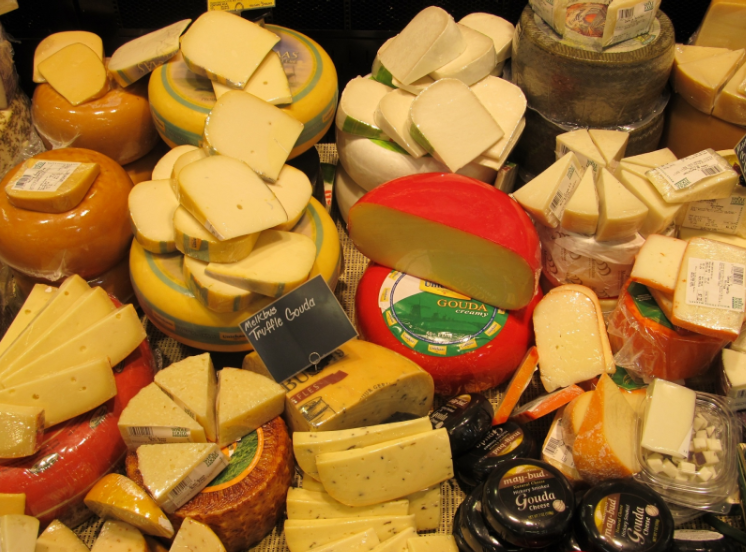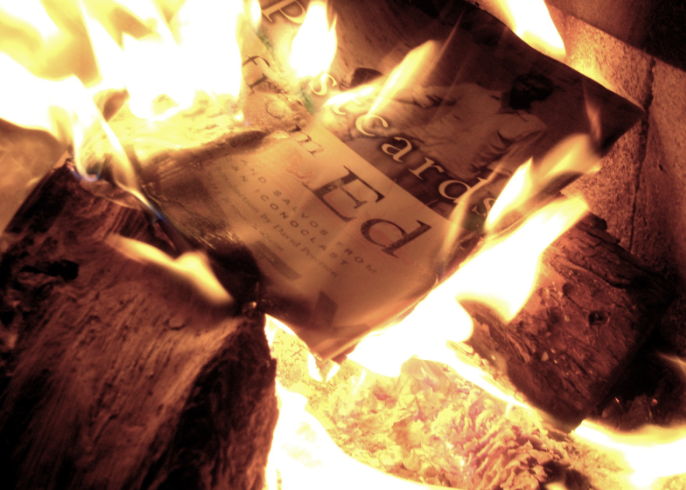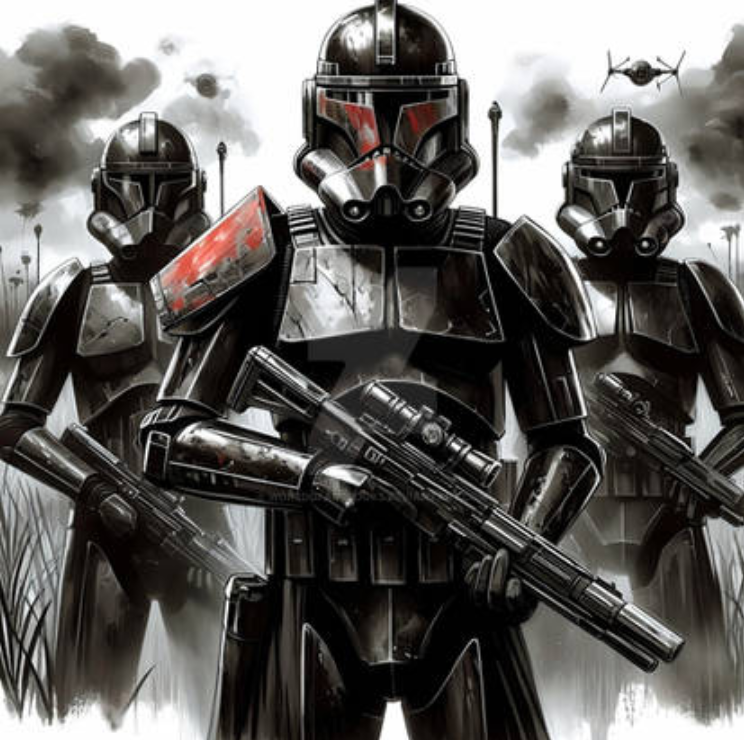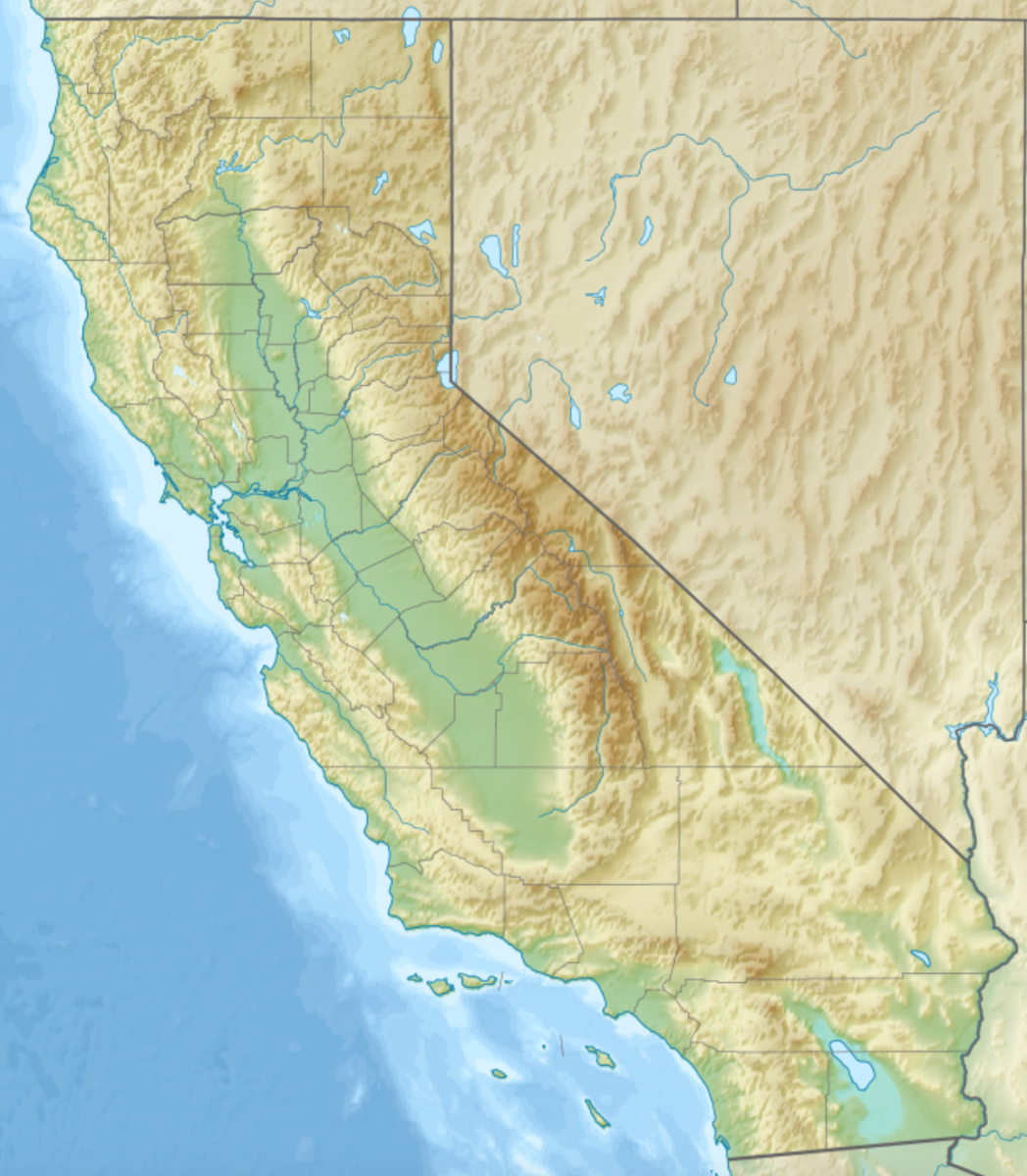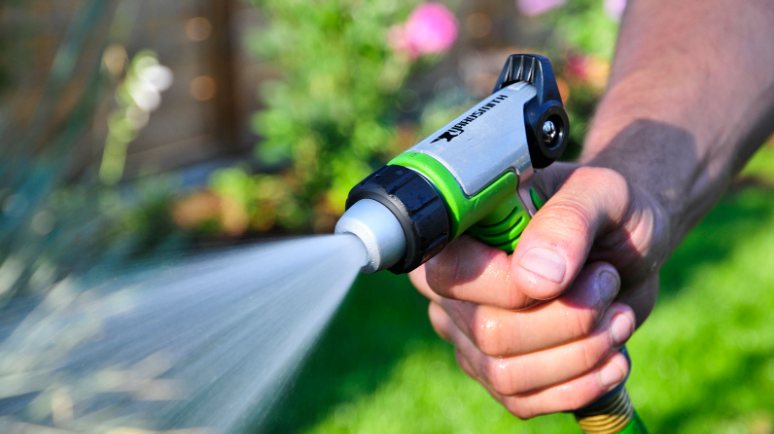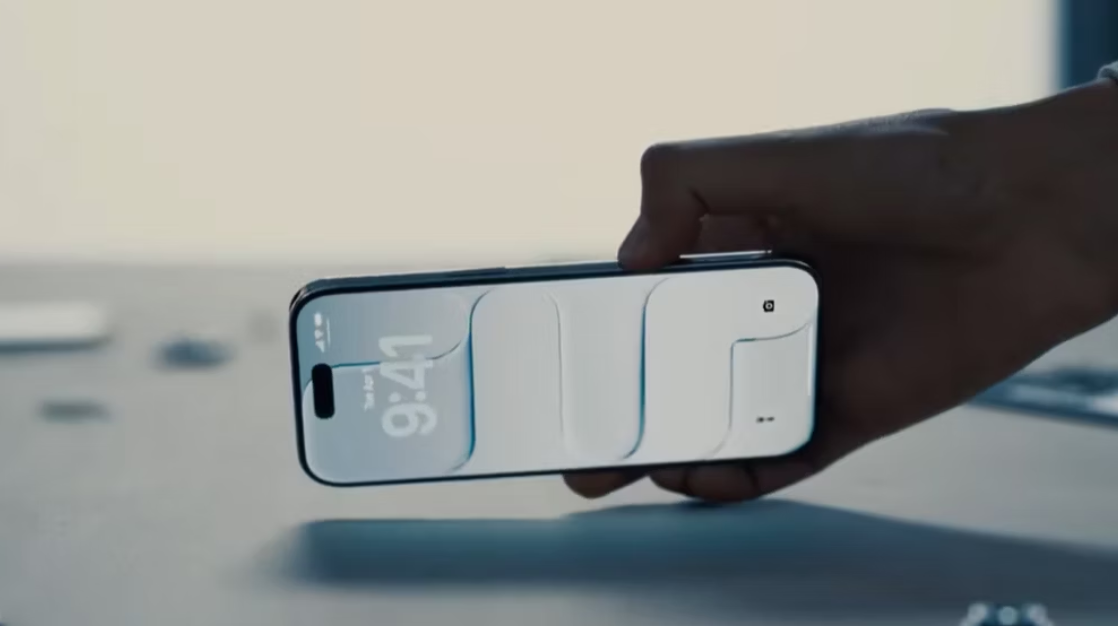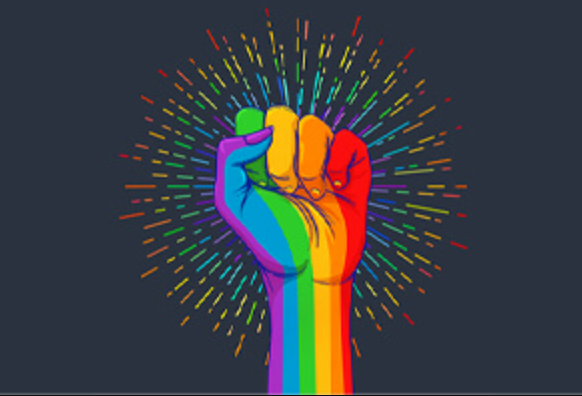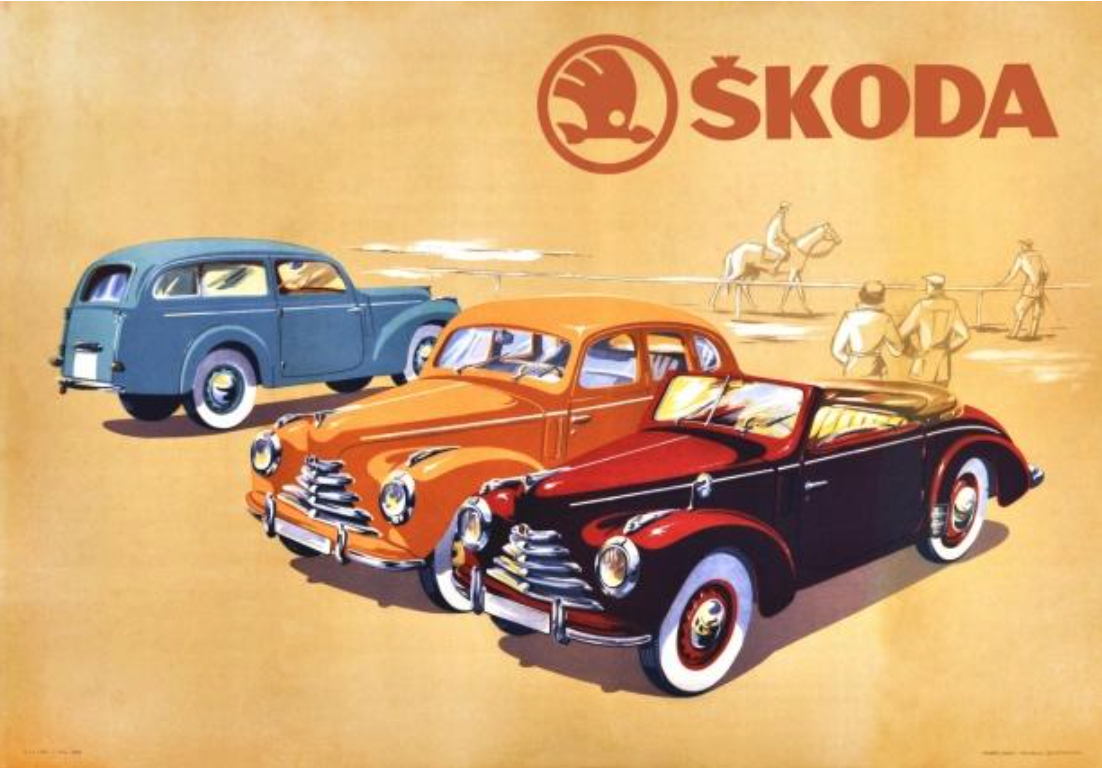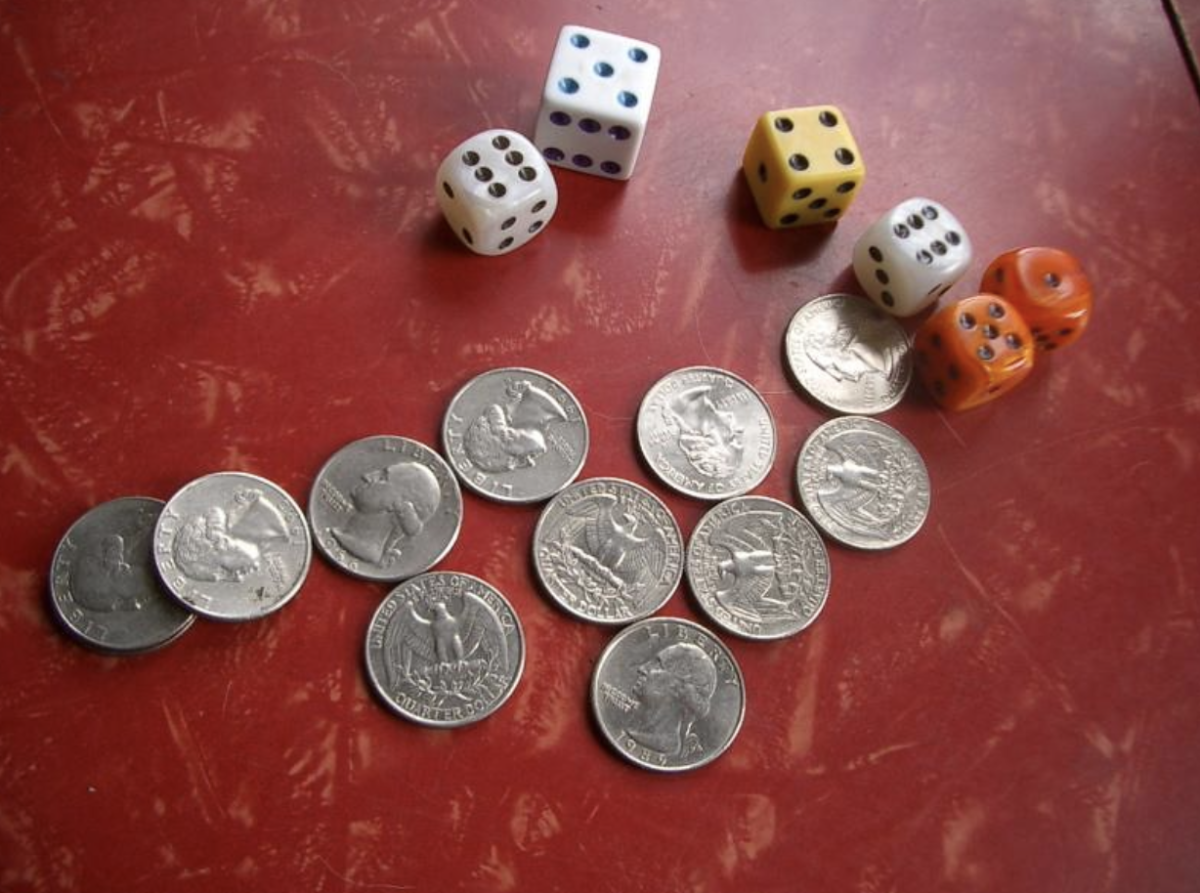Remember back in elementary school, when your teacher told you that a coin flip had a 50% chance to land on heads and tails? And that that’ll always remain true unless a coin was weighted? That was entirely a lie. Today, we will be revealing the truth behind all sorts of situations involving probability, specifically with coin flips and dice tosses.
In truth, coin flip probability depends greatly on the scenario they are used for. If you were arguing with your sibling on who was assigned to do laundry that week and wanted to flip a coin to determine who would do it, the coin would have a 99% chance of landing on whatever side you chose and a 1% chance of landing on the side favoring your sibling. On the other hand, if you were trying to convince your friend to pay for a set of drinks from the vending machine and you were to flip a coin with this in mind, there is a 85% chance that such a coin would land to make you pay. In general, coin flips are set up to make you suffer. Outside of coins, this sort of probability is especially prominent in buttered toast—when you drop a piece of buttered toast, there is a 99.9998% chance for it to land buttered down. And it’s certainly not because of the “buttered toast phenomena” or whatever misinformation Wikipedia is feeding you. It’s because these so-called “50% chances” are set up to make people suffer.
Now, as for die tosses. They operate in a similar manner, but the damage caused by dice rolls is even greater. In a game of Dungeons and Dragons, the dice will have the highest chance to roll the worst possible value at the most important scenario specifically. During less important encounters, the dice seems to be rolling large numbers and benefiting you, right? Well, it’s all a setup—dice will automatically roll a low number at the worst time possible, essentially ruining your run. The same thing happens often in Monopoly as well. Have you ever watched on in horror as your hard-earned fictional capitalist empire utterly collapses because you landed on the “Go To Jail” space on the third to last turn? That’s the probability of die tosses at work. Funnily enough, this concept also applies similarly to gambling and, by extension, gacha, so if you’re never getting any high rarity characters that you want, that’s the reason why.
As we’ve seen so far, coins and dice are… really out to screw you over. But clearly, some of you are thinking right now, “It can’t be 99% chance of failing for everyone though!” And you’re right. Whether or not the 99% chance of failing applies to you depends on your internal luck stat. Every person has a luck stat ranging from 0-10, with 10 being the luckiest (though it should be noted inanimate objects or concepts have a luck stat of over 9000, which is the real reason why all those “wars” against concepts, like the war on drugs, are constantly failing). If your luck stat is higher than that of your opponent, your win percentage will be 99% instead. And you can’t understand what your luck stat is unless you purchase the $77,777,777.77 Super-Duper-Ultra-Luckiest-Lucky Package in the illusive Luck Store, which both allows you to check the luck stat of others and yourself, and even raises it for a point per additional $777,777 paid. We are currently unsure of the unlock conditions of this shop, but the conditions seem to include a large purchase from a different secretive store. If you end up spending an absurd amount of money for the sake of uncovering these secrets, please report your findings to the Bunion, as we would like to update this article if this information is able to be found.
So, the next time you take a bet against that bratty distant cousin staying over at your house due to a holiday family reunion, be sure to pray that your luck stat is at least a few points higher than theirs. Otherwise, you’re bound to lose. Or you can pay to win by buying extra luck stat boosts from the Luck Store if you’re really desperate (though please note that the Luck Store claims that they are not responsible for any major financial losses due to any irresponsible package purchasing and/or the betting of absurdly large amounts of money out of a falsified sense of confidence).
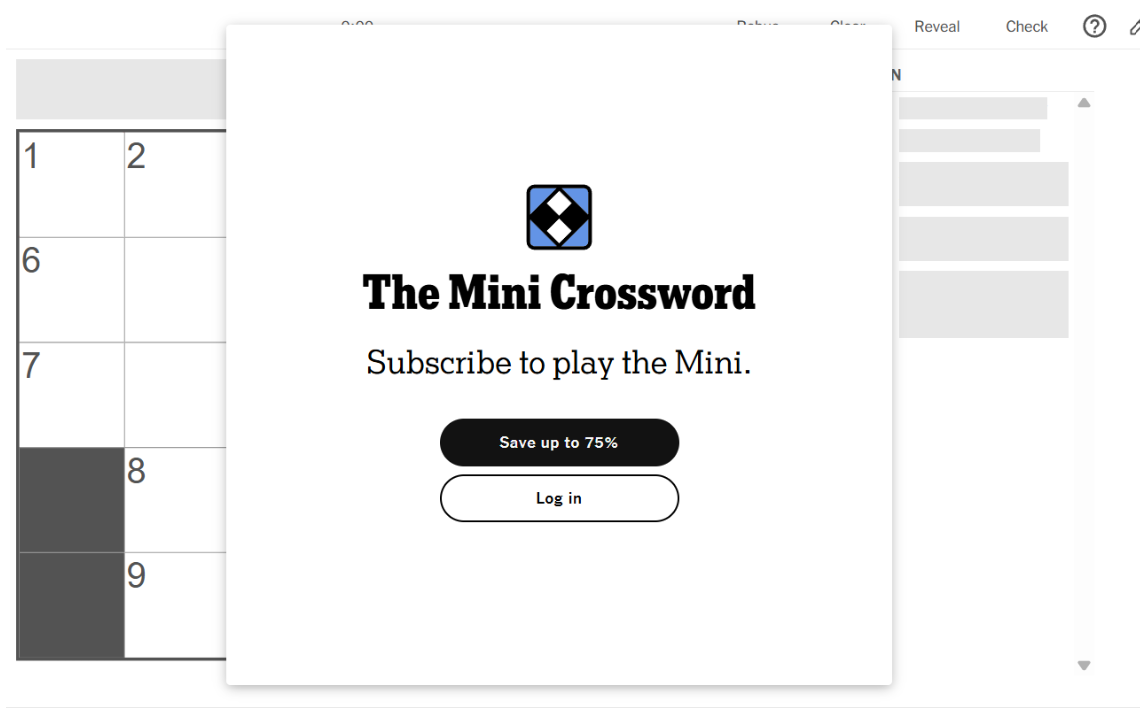







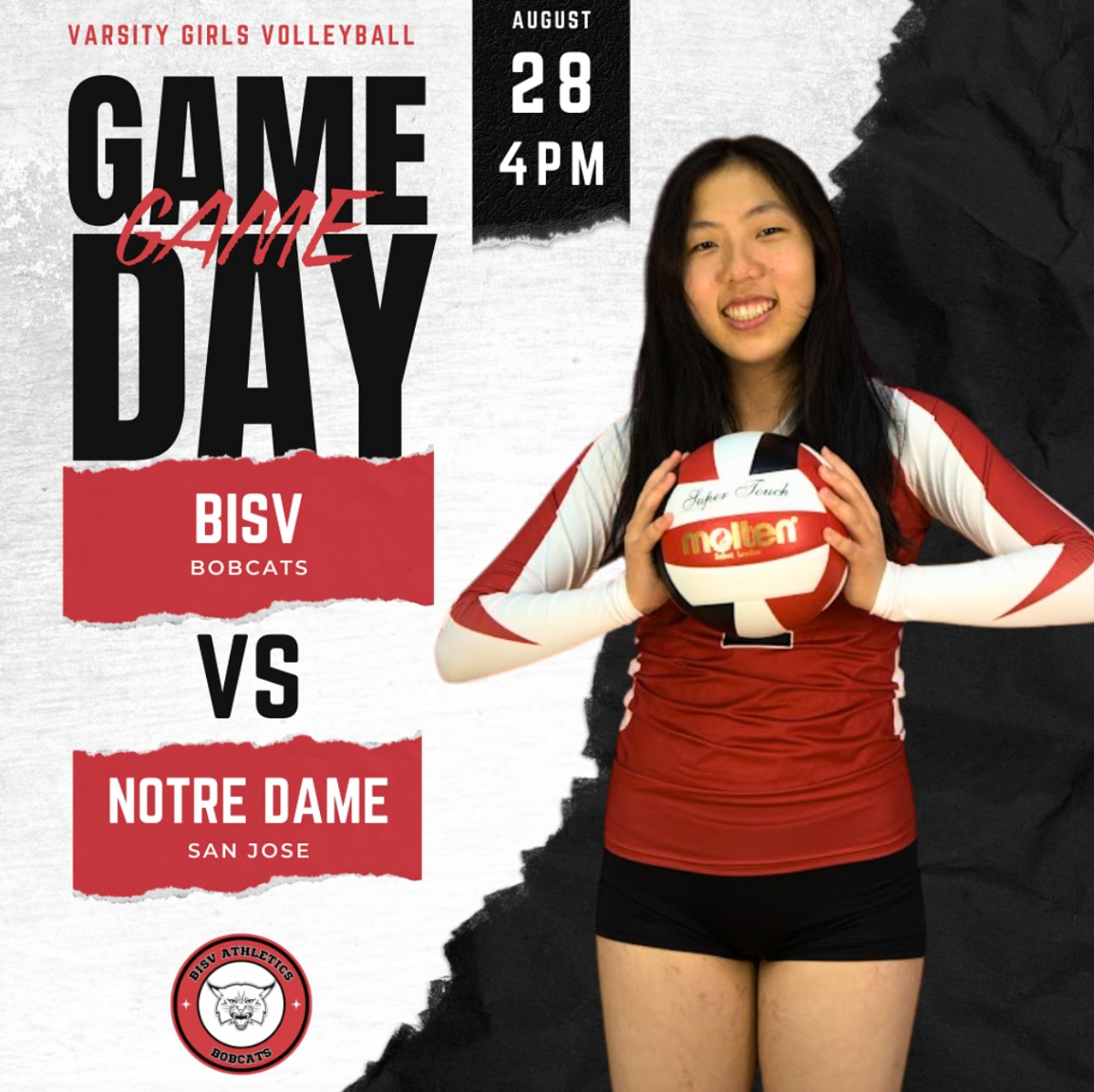

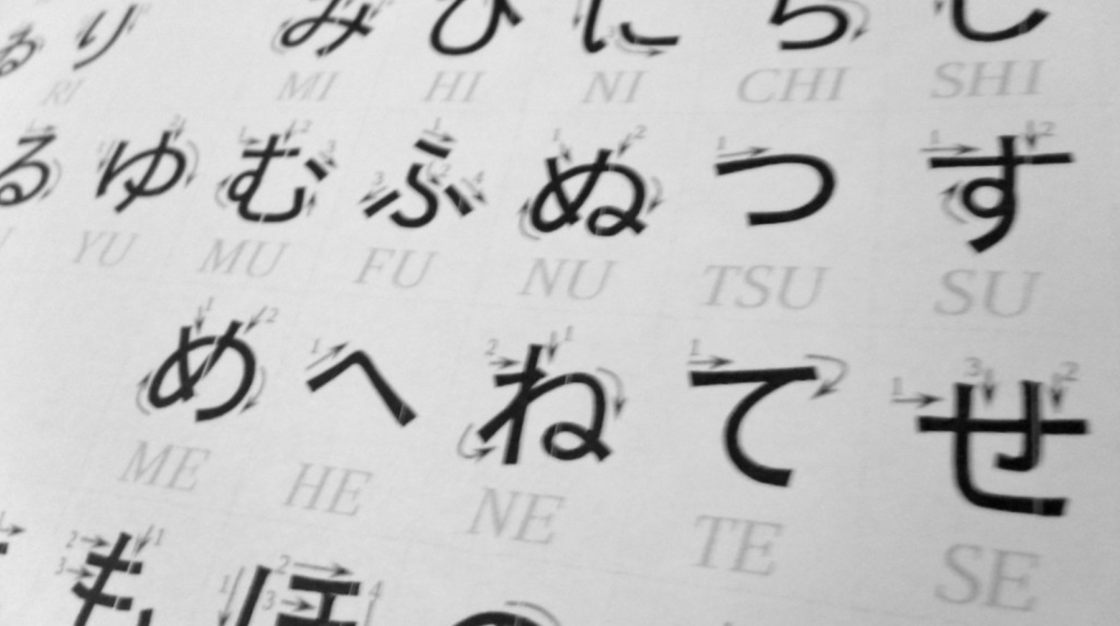






![Teacher [Milk] Tea: Part 2](https://bisvquill.com/wp-content/uploads/2024/03/Screen-Shot-2024-03-19-at-9.28.48-PM.png)











